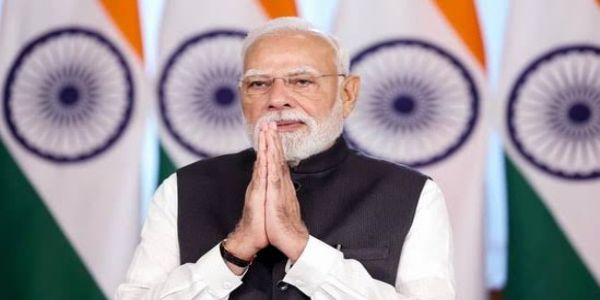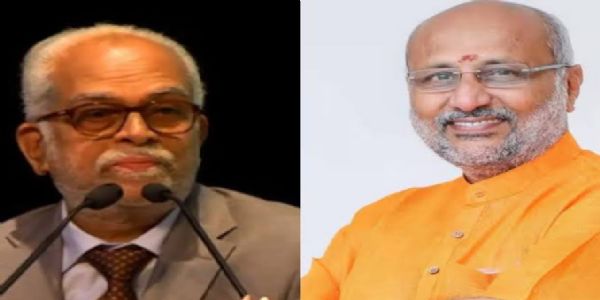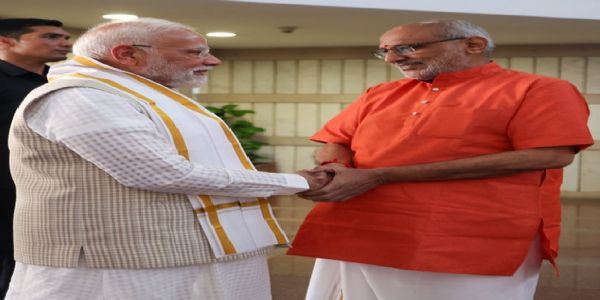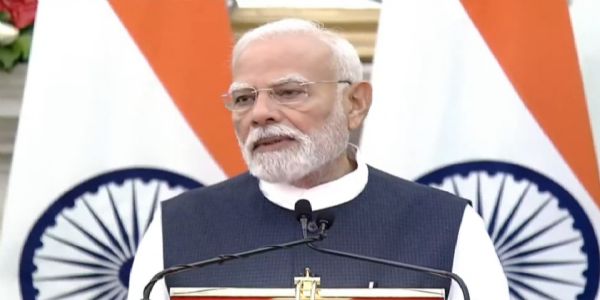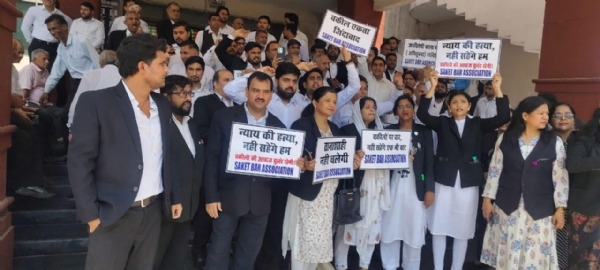
New Delhi, Sept 8 (HS): Delhi Police on Monday issued a revised circular stating that police officers will no longer depose before courts through video conferencing from police stations. Following this announcement, the Coordination Committee of All District Court Bar Associations, comprising representatives of all lower court bar associations, convened a meeting and decided to withdraw their ongoing strike.
In a joint statement, Committee Secretary Anil Basoya and Chairman V.K. Singh confirmed that the demand for police officers to be physically present in court has been accepted, making it appropriate to end the judicial boycott. The revised circular clarifies that no testimony of police officers will be recorded via video conferencing from police stations.
Delhi’s lawyers had been boycotting proceedings for nearly a week in protest against the Lieutenant Governor’s notification that allowed police testimonies through video conferencing from police stations. Their movement extended beyond court premises to public demonstrations, where effigies of the Lieutenant Governor were burned. Earlier, Bar Council of India (BCI) Chairman and BJP Rajya Sabha member Manan Mishra had appealed to the lawyers to call off the strike.
On September 6, the Coordination Committee rejected Mishra’s request and announced its decision to resume the judicial boycott from September 8. Mishra had invited the Committee to a joint meeting with the BCI and the Bar Council of Delhi, assuring clarification on the issue. In a three-page letter, he urged lawyers not to diminish their public image by resorting to frequent strikes over minor disagreements.
Earlier, on August 28, Delhi Police had written that lawyers' representatives would meet Union Home Minister Amit Shah on the matter and, until then, video conferencing from police stations would not be allowed. Subsequently, Shah met advocates’ representatives on September 2 and reportedly assured them that police personnel would continue to testify in person before courts.
However, on September 4, Special Commissioner of Police (Crime) Devesh Chandra Srivastava informed all lower courts and the Delhi High Court Registrar that only formal police witnesses would depose through video conferencing, while substantial witnesses would appear physically in court, subject to consultation with all parties. According to the Delhi Police, this mechanism would expedite trials and help streamline the recording of testimonies. The circular further cited Section 530 of the Bharatiya Nagarik Suraksha Sanhita (BNSS), permitting electronic recording of depositions to ensure smooth functioning of the judiciary.
The Coordination Committee, however, viewed this as a breach of Amit Shah’s assurance and announced a judicial boycott in protest. With the latest revision by Delhi Police fully meeting their demands, lawyers have now formally ended their strike.
---------------
Hindusthan Samachar / Jun Sarkar





